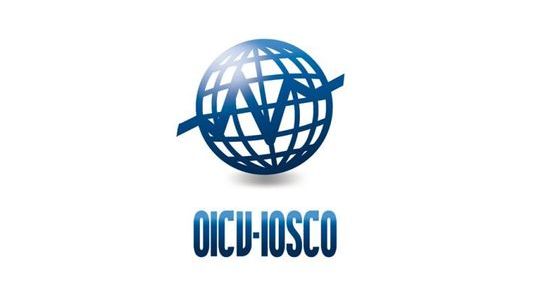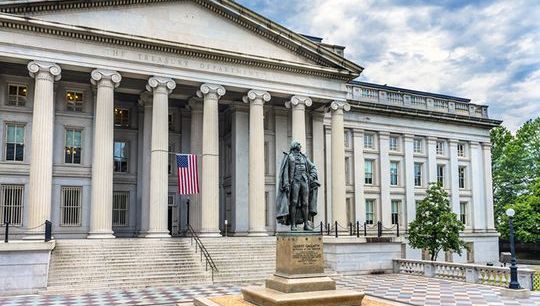HFMWeek: Overview of Cayman Islands sector in 2017
By Colin MacKay, Managing Director, Intertrust Cayman, and the Chair of AIMA Cayman
Published: 14 June 2017
Since the 2007/8 financial crisis, it seems the alternatives investment industry has faced at least one significant challenge each year, whether that be a fresh scandal, another collapse, increased regulation, enhanced investor transparency, Fatca, the AIFM directive, CRS or capital raising pressures. When one looks back over 20 years in the industry, the reality is these challenges are not really new. Since 2001, the regulatory landscape has been constantly evolving towards greater transparency and increased reporting, while capital raising has always been difficult in periods of limited market volatility, making alternative investment performance over and above listed equity gains harder to achieve.
Notwithstanding this, the frequency, complexity and lack of predictability of today's challenges do seem to be greater than in the recent past, and yet the industry continues to meet them with consideration, practicality and creativity which are hallmarks of alternatives. There can be little argument that the last 18 months have seen significant changes on a geopolitical level. Growing anti-globalisation and anti-trade movements seemed to gain greater popular support than was historically the case. This populist movement propelled the UK to its Brexit vote which seems destined to shape UK and European fortunes for the next decade, and will go a considerable way towards determining what the residual EU's approach to market access and regulation will be.
Recent political events and uncertainties should have provided opportunity for alternatives, given the traditional view that equity markets do not like political confusion and a lack of consistency on the direction of travel for economic and trading policies among the world's larger trading partners.
However, markets have consistently shrugged off the recent shocks and surprises to deliver a period of sustained equity price growth, which seems to defy not just historical norms, but also underlying pricing metrics. Economists and economic commentators agree that a market correction is overdue and will be significant when it catches up, but leading indices continue their march northwards. That correction, when it comes, is likely to provide the volatility opportunity that alternative structures need to deliver market-beating positive returns through effective risk management, structured hedging and downside positioning.
The current politics of chaos also offer opportunities for further deregulation as President Trump promises to roll back aspects of recent regulatory reform, including parts of Dodd-Frank. Adjustments to the US Tax Code from an administration rich in real estate investments may also enhance opportunities for asset managers and investors, which could be a particularly powerful combination to aid emerging manager numbers which are currently at relatively low levels. The industry needs, and will benefit greatly from, those developments to provide greater opportunity for new managers to deliver stronger performance, build a track record to attract greater capital and reduce the current regulatory cost barriers to entry which are, in part, responsible for the reduced numbers of new managers in recent years.
While the wider political position is in this state of relative flux, Cayman retains its traditional reputation for political stability, considered and progressive legislation and regulation, and an acute sensitivity to practical solutions to achieve desired levels of transparency, risk management, regulation and reporting. With CRS implementation next on the horizon, followed by the UK's beneficial ownership registration initiative, Cayman's practical awareness can be seen in how it's compliance with global standards has been achieved, while simultaneously mitigating the potential cost and implementation risk to the industry. Once again, this is further evidence of the comprehensive industry understanding within government, regulatory and legislative circles.
Further support by Cayman Finance, AIMA and other industry representative bodies ensures Cayman's ongoing position as the preferred domicile for international capital aggregation. We live in interesting times – always.
About the author
As managing director of Intertrust’s Cayman office, Colin MacKay oversees the delivery of corporate, trust and fund services to Cayman Islands domiciled structures and coordinates cross-jurisdictional client relationship management across the wider Intertrust Group involving Cayman entities. He is a member of the Cayman Islands Law Society, the Cayman Islands Directors Association and is the current chairman of AIMA Cayman.
*This article first appeared in HFMWeek’s Cayman 2017 Special Report







